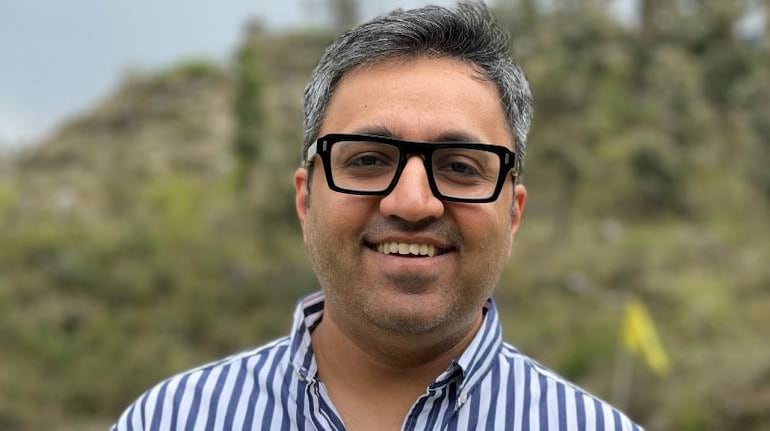



The bitter fight between BharatPe's ousted founder Ashneer Grover and the board has put the spotlight yet again on the tenuous and often fractious relationship between founders and investors. While the jury is still out on who is right and who is wrong in this supercharged battle, investors and founders said integrity is non-negotiable and that founders should be willing to work with the board and investors, once they accept external money.
In a Twitter Spaces show hosted by Moneycontrol's Priyanka Sahay and M Sriram, serial entrepreneur and investor K Ganesh, BigBasket HR Head TN Hari, and Again Drinks founder K Vaitheeswaran weighed in on the role of investors and board in this precarious situation.
The chicken and the pig
Ganesh said the difference between founders and investors is like the one between the pig and the chicken on a breakfast table. For the investors, it is a portfolio approach — some companies will give a return on their investment, while others are written off. The founder(s), on the other hand, are in it 24X7.
This way, while the pig becomes a part of the breakfast by sacrificing itself, the chicken’s contribution is the eggs, and it goes on with life. Investors and the board need to recognise what the founders do to build the business. At the same time, he said integrity was absolute and that once founders decide to take external funding, they should be clear that they are not the only ones running the company. "Integrity is absolute. A drop of piss in a bowl of soup makes it inedible," he said.
Equity Issues
Grover and his family have been found guilty of misappropriating company funds, per a statement released by the firm's board on March 2. As a result, Grover is no longer an employee, a founder, or a director of the company. As part of this, 1.4% of his over 9% stake will be clawed back, with the company mulling legal action to take back the rest.
Was Grover's move to resign all of a sudden aimed at mitigating the effects of termination? Hari was of the view that it will make little difference. “If the findings are conclusive and proven in terms of gross misconduct, like serious insubordination or fraud, then the dismissal will supersede his resignation. We just cannot get away by resigning ahead of a dismissal. So, if it is the outcome of an investigation, then the dismissal will prevail, not a resignation," he said.
"Depending on the wordings of the agreement, clawback clauses, vesting clauses, even though granted as equity has to be earned and vested over a period of time and can come into question if there is firing for costs. Typically, the unvested stock is never allowed to vest when the dismissal is for a cause”, Ganesh said.
Navigating difficult relationships with investors
In his resignation, Grover called the investor-founder relation in India that of a slave and master, referring to VCs as the East India Company. Vaitheeswaran K, who founded Indiaplaza, before Again Drinks, said. “The reality is, entrepreneurs, try different businesses and investors try to make money out of the business. By its very nature, the business is supposed to last much longer than an investor. In that sense, it is like someone joining at some phase of the journey, perhaps very early on. But it's like a train journey, with investors deciding which station they want to get on or off”, he noted.
“But once you're an entrepreneur who's going to take money from an investor, you need to understand the fact that that money comes with certain responsibilities that you will give up certain rights. You will have to answer certain questions. You will have to listen to them. You cannot have it both ways. When you raise risk capital from investors, you sign an agreement for a set of governance measures to be in place. For that, it is inevitable that you give up a level of control. You along with the investors own the company”, Vaitheeswaran added
The way ahead for the VC world
But how much is this single incident going to change the way corporate India functions? In the words of K Ganesh, “The governance culture is all very, very entrepreneur specific. So either an entrepreneur wants to build a good culture, is serious about governance, he/she is not. And when it comes to the board, I think the board can also do a few things in larger companies differently than it does in startups. While I think venture capitalists don't have a deep commitment to building institutions and organisations, I understand their rationale for raising a 10x return on their investment and exit within a reasonable timeframe”.
Discover the latest Business News, Sensex, and Nifty updates. Obtain Personal Finance insights, tax queries, and expert opinions on Moneycontrol or download the Moneycontrol App to stay updated!